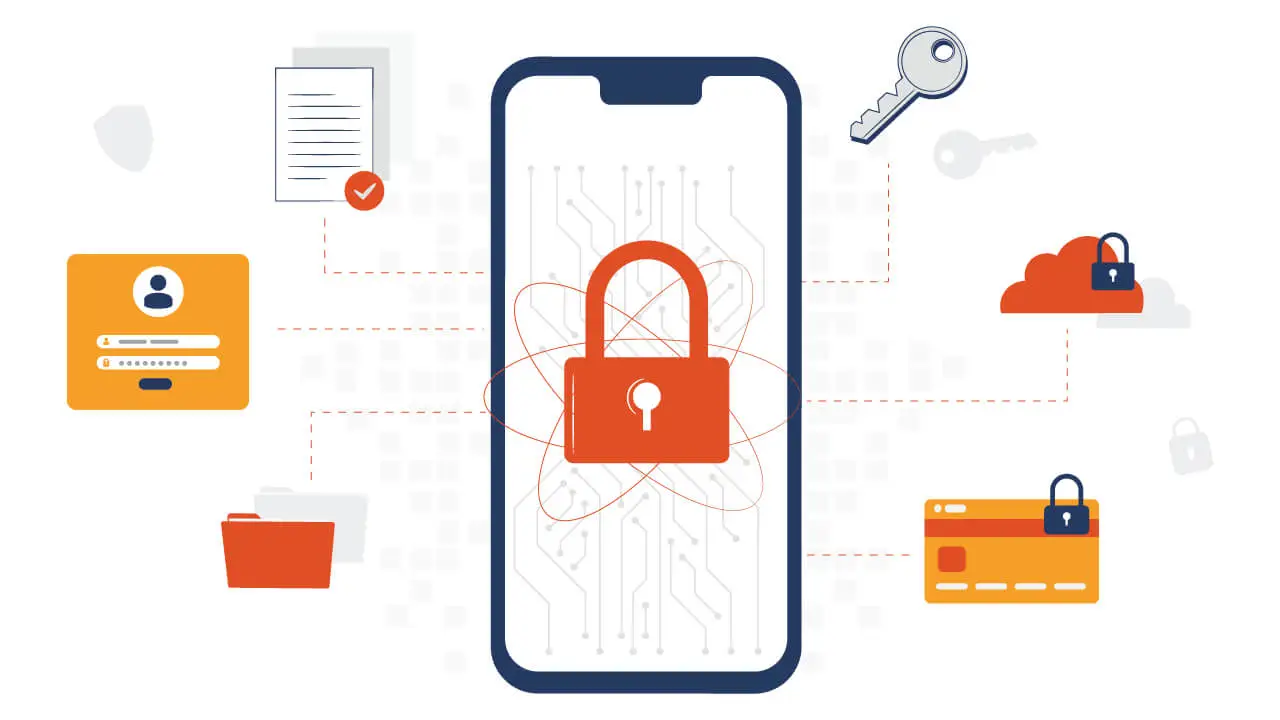
Security in App Development: A Support Perspective
By Udit Agarwal

In the ever-expanding landscape of mobile applications, security has become a paramount concern for developers, businesses, and end-users. App development is not merely about creating engaging and functional software but also about safeguarding sensitive data and ensuring a secure user experience. A robust security framework is essential from the initial stages of development to ongoing support and updates. In this article, we explore the critical security aspects of app development, focusing on the support perspective that extends beyond the coding phase.
Start with a Secure Foundation:
Security in app development begins with the foundation. Implementing secure coding practices during the initial planning and development stages is crucial. Developers should follow industry-standard guidelines, conduct regular code reviews, and use specific development frameworks to mitigate potential vulnerabilities.
Regular Security Audits and Testing:
App developers must conduct regular security audits and testing to identify and address vulnerabilities. It includes penetration testing, code analysis, and vulnerability assessments. Regular testing ensures that the app remains secure against evolving threats and provides a proactive approach to addressing potential issues.
Secure Data Transmission:
When transmitting data between the app and servers, encryption is non-negotiable. Implement secure communication protocols such as HTTPS to protect sensitive information from interception. It ensures that data remains confidential during transit and provides users a safe environment to interact with the app.
Authentication and Authorization:
A robust authentication and authorization system is fundamental to app security. Multi-factor authentication, secure password storage, and strict access controls help prevent unauthorized access to sensitive data. Developers should implement robust authentication mechanisms to ensure that only authorized users can access critical functionalities.
Secure Backend Infrastructure:
The security of an app extends beyond the client-side code. The backend, comprising servers, databases, and APIs, must be secure. Regularly update server software, apply security patches promptly, and use firewalls to protect against external threats. A secure backend is the backbone of a reliable and protected app ecosystem.
Regular Security Updates:
The support perspective in app development involves continuous vigilance. Developers should stay informed about the latest security threats and promptly release updates to patch vulnerabilities. Regularly updating the app ensures that users are protected against emerging security risks and helps maintain the app’s overall integrity.
User Education and Awareness:
Support for app extends to educating users about best practices. Communicate security features, advise users on creating strong passwords, and encourage them to enable security settings such as biometric authentication. Informed users are more likely to contribute to a secure app environment.
Incident Response and Monitoring:
App developers should establish an incident response plan to address breaches promptly. Implement monitoring tools to detect unusual activities, such as multiple failed login attempts or unexpected data access patterns. Proactive monitoring allows for swift responses to potential incidents.

Data Privacy Compliance:
Compliance with data privacy regulations is a critical component of app. Understand and adhere to relevant laws such as GDPR, HIPAA, or CCPA, depending on the nature of the app and the data it handles. Ensure user data is collected, processed, and stored in compliance with these regulations.
Securing Third-Party Integrations:
Many apps rely on third-party integrations for additional functionalities. It’s crucial to vet the security measures of third-party services and libraries. Regularly update these integrations to leverage the latest security enhancements and ensure compatibility with the evolving security landscape.
Backup and Recovery Plans:
From a support perspective, having robust backup and recovery plans is essential. Regularly backup app data and test the restoration process to ensure quick recovery in case of data loss or system failures. A well-defined recovery plan contributes to the overall resilience of the app.
Also Read: The Evolution of Application Development Support: A Comprehensive Guide
User Feedback and Bug Reporting:
Engaging with users for feedback is not just about improving features; it’s also a valuable source of information about potential issues. Encourage users to report bugs and vulnerabilities responsibly. Establishing clear channels for bug reporting helps create a collaborative environment for enhancing app security.
Conclusion:
In the complex app development landscape, it is not a one-time consideration but an ongoing commitment. From the inception of the development process to continuous support and updates, a robust framework is paramount. The support perspective in app development involves a holistic approach to security, encompassing proactive measures, regular updates, user education, and swift incident response. By integrating security into every app development phase and embracing a continuous improvement mindset, developers can create and maintain applications that meet user expectations and stand resilient against the ever-evolving threats in the digital landscape.